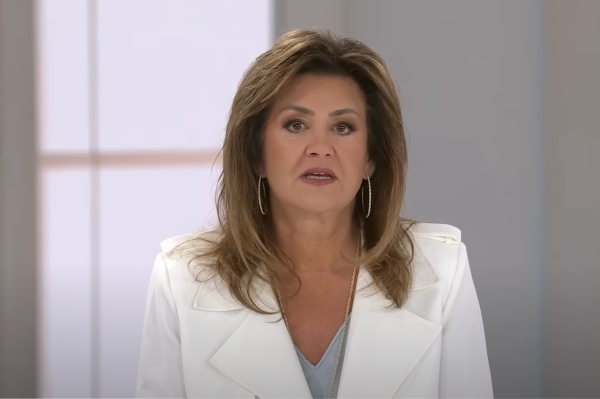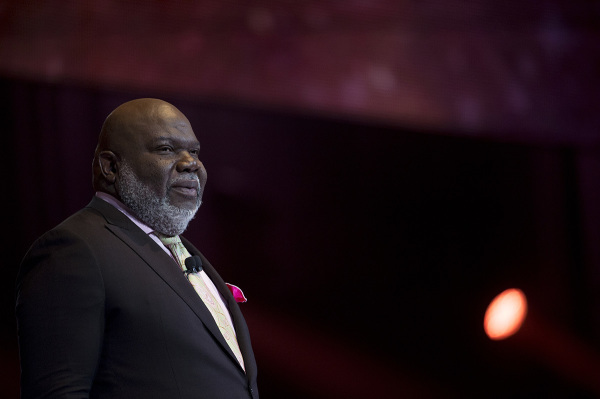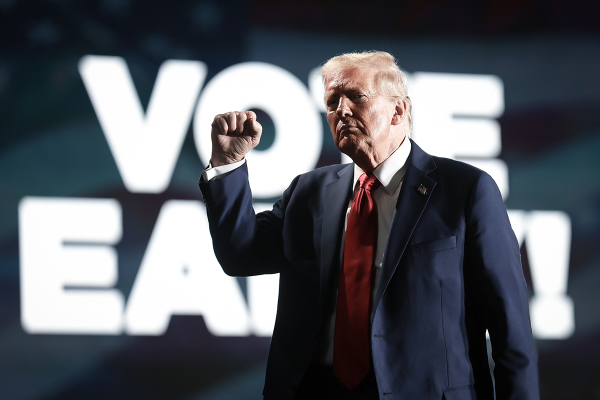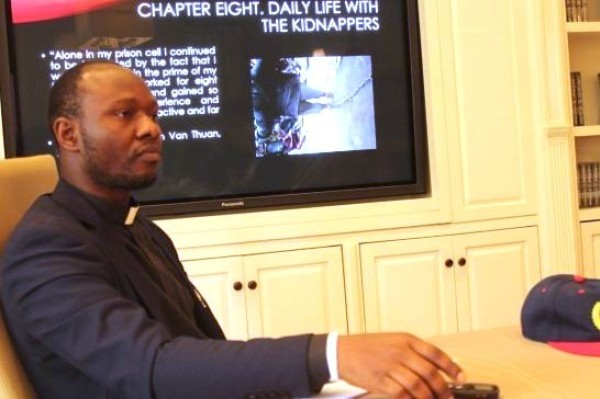Xbox Head Phil Spencer Says He Doesn't Like Paying For Platform-Exclusive DLC
Xbox head Phil Spencer voiced out his opinion on the practice of paying for platform-exclusive DLC. In a recent interview during the Brazil Game Show, the Microsoft executive made it clear that he doesn't like the idea.
Talking to Gamespot at the event, Spencer spoke out against companies like Microsoft paying to secure exclusive content in games.
"People always knock me on this; I've been on record," Spencer said. "I don't love the idea or practice of us paying so other platforms can't play or use a certain gun in a game or do a certain level."
Spencer's stand on platform-exclusive DLC is interesting given that Microsoft had the timed-exclusive deal with "Call of Duty" before it shifted to Sony. The company is also currently working with Activision on a timed-exclusivity deal for "Destiny 2" while, on the other hand, Rockstar Games is currently planning some platform-exclusive content for "Red Dead Redemption 2" with the PlayStation 4. He did recognize the irony of him making such a statement and offered an explanation.
"I know I say that and, Xbox history—DLC exclusivity windows with Call of Duty—I understand the fingers are pointing right back to Xbox, he said." "I can only be who I am. It's not the best PR answer. But I don't like that."
Microsoft recently reached an agreement with "Player Unknown's Battlegrounds" developer Bluehole to bring the game to Xbox One this year as a "console launch exclusive." They have also reportedly extended the exclusivity period which means that PS4 owners will have to wait longer for the game to arrive on the console.
Another example of Microsoft's exclusivity deal with companies is with StudioMHR with its massively successful platformer, "Cuphead." However, in this particular case, the exclusivity was due to the company making a significant investment in the game's development.
"When there are games that come along, 'Cuphead' is a good example, and the team had certain ambition about what they wanted to go do," said Spencer. "And together with them we wanted to invest more. We saw more opportunity."






















